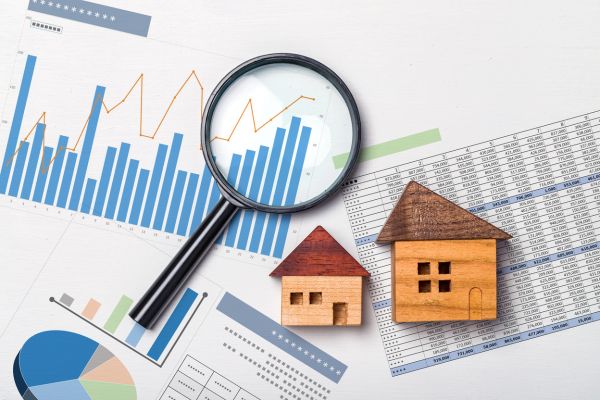Real asset tokenization creates a digital representation of a physical asset on a blockchain. These digital tokens represent ownership or a share in the underlying asset, ranging from real estate and art to commodities and infrastructure. By converting real-world assets into digital tokens, investors buy, sell, and trade fractional ownership in these assets with unprecedented ease and efficiency. The tokenization process typically involves several steps:
- Asset valuation – A thorough assessment of the asset’s value is conducted.
- Legal structure – A legal framework is established to ensure compliance with relevant regulations.
- Token creation – Digital tokens representing shares of assets are created.
- Token distribution – The tokens are made available to investors through various means, such as initial coin offerings (ICOs) or security token offerings (STOs).
rexas finance, a pioneering firm in asset tokenization, has been developing innovative solutions for tokenizing a wide range of tangible assets. Their platform exemplifies how blockchain technology is harnessed to create new investment opportunities and improve liquidity in traditionally illiquid markets.
Benefits of real asset tokenization
The tokenization of tangible assets offers numerous advantages for both investors and asset owners:

- Increased liquidity – By fractionalizing ownership, tokenization makes buying and selling portions of traditionally illiquid assets easier, potentially increasing their overall liquidity.
- Broader accessibility – Tokenization lowers investors’ barriers to entry, allowing them to invest in high-value assets with smaller amounts of capital.
- Transparency and security – Blockchain technology provides an immutable record of ownership and transactions, enhancing transparency and reducing the risk of fraud.
- Global market access – Digital tokens are traded 24/7 on global platforms, expanding the potential investor base for tokenized assets.
- Reduced costs – Tokenization streamline administrative processes, potentially lowering transaction costs and management fees.
- Programmable compliance – Smart contracts can automate compliance with regulatory requirements and streamline dividend distributions.
Impact on the financial industry
The rise of real asset tokenization is poised to have a significant impact on various sectors of the financial industry:
- Investment banking – Traditional investment banks may need to adapt their services to include tokenization and advisory services.
- Asset management – Fund managers may explore new strategies incorporating tokenized assets into their portfolios.
- Real estate – Property tokenization could increase liquidity and create new investment models in the real estate sector.
- Commodities trading – Tokenization could streamline commodities trading by making it easier to trade fractional ownership in physical goods.
- Art and collectibles – Tokenizing high-value pieces may make the art market more accessible to a broader range of investors.
As technology advances and regulatory frameworks mature, real asset tokenization will likely become increasingly important in the financial landscape. We expect to see:
- Integration with traditional finance – Greater integration between tokenized assets and traditional financial instruments and markets.
- Improved tokenization platforms – More sophisticated and user-friendly platforms for creating, managing, and trading tokenized assets.
- New asset classes – Tokenization will be expanded to a broader range of asset classes, potentially including intellectual property and future earnings.
- Enhanced liquidity – Development of more robust secondary markets for tokenized assets, potentially leading to increased liquidity.
- Regulatory clarity – Clear regulatory guidelines and standards for tokenized assets across jurisdictions.
For investors, asset owners, and financial professionals, staying informed about the developments in real asset tokenization is necessary for capitalizing on its opportunities. As we progress, converging traditional finance with blockchain technology through tokenization may redefine our understanding of investment.

















